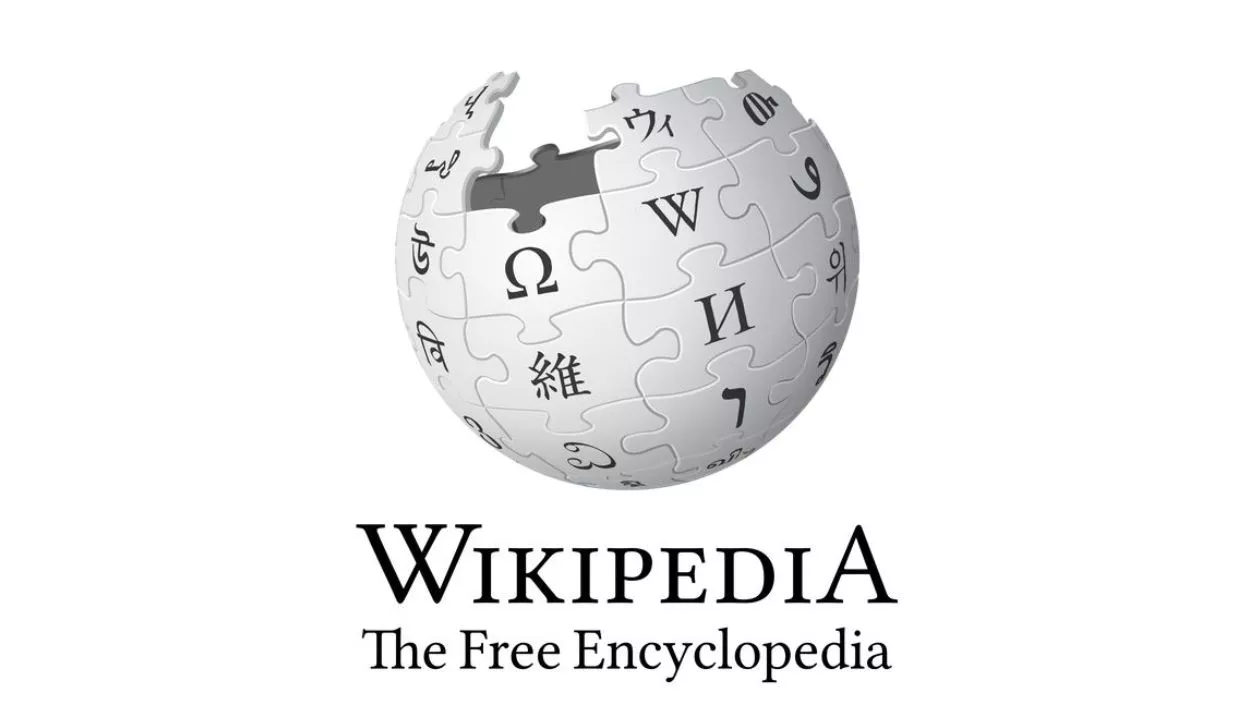.gif)
.gif)

The Indian government has formally issued a notice to Wikipedia, addressing multiple complaints concerning perceived bias and inaccuracies in the information available on the platform. This communication, from the Information and Broadcasting Ministry, outlines concerns regarding editorial control exerted by a small group of contributors. The government indicates that this situation may influence the objectivity and reliability of the content presented to the public, particularly as Wikipedia is often cited as a primary source of information.
The notice is part of a broader scrutiny faced by Wikipedia in India, where it is embroiled in various legal disputes. These include allegations of disseminating defamatory and misleading content, which have led to questions about the platform's editorial practices. Wikipedia operates under a model that permits volunteers to create and edit articles on a vast range of topics, including prominent personalities, historical events, and cultural issues. This open-editing system is intended to promote collaborative knowledge sharing but has raised concerns regarding the verification and accuracy of information.
In September 2023, the Delhi High Court issued a ruling critical of Wikipedia’s editing model, referring to its open editing feature as "dangerous." This ruling emerged from a defamation case filed by a news agency against the platform. The court expressed astonishment at the lack of restrictions on who can edit Wikipedia pages, highlighting the potential risks associated with the dissemination of sensitive information. The judges noted that the unrestricted ability to modify content could lead to the spread of misinformation, which may adversely impact individuals and organizations featured on the site.
In response to the court's concerns, Wikipedia's legal representatives have pointed out that the platform adheres to established guidelines to regulate user contributions. These guidelines are designed to ensure compliance with legal standards and promote responsible content creation. Wikipedia emphasizes that it encourages accurate and verifiable information, with a community-driven approach to editing and content curation. Despite these efforts, the ongoing legal challenges and public scrutiny indicate a growing demand for accountability regarding user-generated content.
The notice from the government also raises an important issue: whether Wikipedia should be classified as a publisher rather than as an intermediary platform. This classification has significant legal implications, as being labeled a publisher could hold Wikipedia accountable for the content it hosts, similar to traditional media outlets. If classified as an intermediary, Wikipedia would be shielded from liability for user-generated content under certain legal protections.
Wikipedia, launched in 2001, has grown into one of the largest online encyclopedias, currently hosting over 56 million articles in more than 300 languages. It is estimated that approximately 89 percent of its content is available in languages other than English, reflecting its global reach and impact. The platform is widely used for research, education, and general information, making the accuracy of its content a matter of public concern.